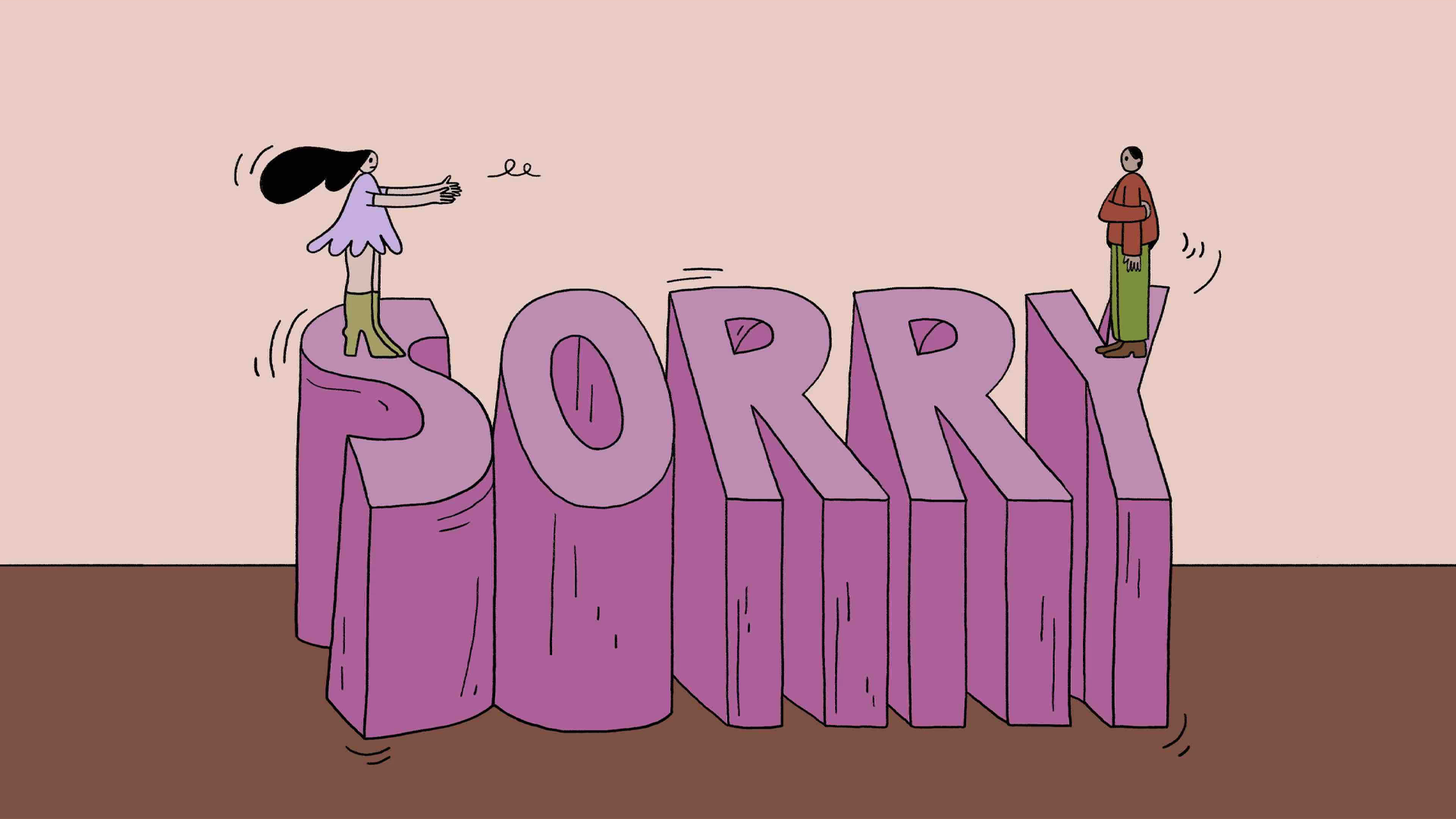The Power of a Real Apology

Apologizing isn’t just about saying the words. It’s about taking responsibility, showing you care, and making things right.
The Dive
Apologizing isn’t just something we do when we bump into someone or spill a drink, it’s a powerful way to show respect, take responsibility, and repair emotional harm. A real apology can turn hurt into healing and help relationships grow stronger.
A meaningful apology has four parts: name what you did, admit it was wrong, express genuine remorse, and take action to make it right. Saying, 'I’m sorry I interrupted you, I'll work on being more mindful,' goes much further than a vague, 'Sorry if you were upset.'
Avoid blame-shifting language like, 'I'm sorry you feel that way,' or 'Mistakes were made.' These phrases dodge responsibility and can make the other person feel ignored or even more hurt. A real apology owns up without excuses.
Even if you didn’t mean to hurt someone, their feelings still matter. Apologizing isn’t about proving you’re a bad person, it’s about showing that their experience matters to you and that you're willing to grow from your actions.
Apologizing isn’t about winning or losing. It’s about putting the relationship firs, letting the other person know they’re more important than your pride or being 'right.' This helps build trust and emotional safety.
Sometimes, even after a sincere apology, someone may need time to forgive. That’s okay. What matters most is that you show up with honesty and care, without expecting instant forgiveness. You’ve done your part, and that’s huge.
Apologizing takes courage. It’s not a weakness, it’s a strength. Every time we own our actions and try to make things better, we become more emotionally mature, more trusted, and more connected to the people around us.
Why It Matters
Nobody gets through life without messing up. But what we do afterward shows our character. A meaningful apology is one of the most powerful tools we have to rebuild trust, restore peace, and show others that their feelings matter.
?
Dig Deeper
Explore what to do— and not to do— in order to deliver an authentic apology and make amends in a variety of situations.
Related

How Interrupting Breaks Communication
Interrupting might seem small, but it can block connection, disrespect others, and prevent real listening. Learning how to listen fully helps build better relationships, at home, in class, and everywhere else.

Walking in Someone Else’s Shoes: The Power of Perspective Taking
Perspective taking is about understanding how the world looks and feels to someone else—not just guessing, but truly listening. It’s not about becoming them; it’s about caring enough to try.

Active Listening: The Power of Paying Attention
Active listening isn’t just about hearing—it’s about understanding. When we listen with our whole body and mind, we build stronger relationships, reduce conflict, and show people they matter.
Further Reading
Stay curious!
